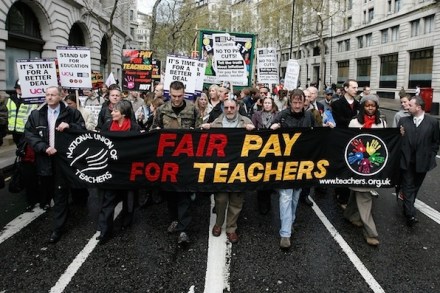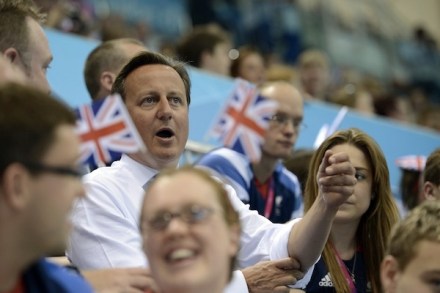Labour revisits old welfare ghosts with its jobs guarantee
Dig out the bunting, fly the red flags in celebration, for finally we have a policy from the Labour party. Ed Miliband promised that 2013 would be the year he’d set out some ‘concrete steps‘ on key policy areas, and to that end he’s announced a jobs guarantee for the long-term unemployed. Coffee House readers will already be familiar with this scheme, as Shadow Work and Pensions Secretary Liam Byrne discussed it in his interview on this site in December. But Miliband and Ed Balls have given the details today, with Balls writing an op-ed for PoliticsHome that says: A One Nation approach to welfare reform means government has a




















